THE MARRIAGE OF JOSEF HANGGI AND ANNA KUHN.
Obviously we do not know when and where Joseph Hanggi met Anna Kuhn, but it may have been through contacts in the Swiss / German immigrant community in London at the time, conceivably facilitated by Helen Vuilleumier. At the time of the marriage, in January 1922, Joseph was apparently living at 42 Saville Street, Marylebone, while Anna's address was given as 192 Camden Road; this is known to have been the address of the Vuilleumier family from at least 1918 until the late 1930s. Joseph was described as being a widower aged 42 and he was employed as a hotel valet, while Anna was a spinster aged 38. The witnesses at the marriage were Helen Viulleumier and a Victor Fueg, who was probably another Swiss/german immigrant.
Soon after the marriage, the couple moved to 53 Huntley Street where they stayed until 1924. It is believed that Joseph's son from his first marriage, Donald, lived with his father and stepmother but the relationship between Donald and his father was difficult. Donald eventually left the family home and seems to have no contact after the mid-1930s.
A first child for Joseph and Anna, Alfred, was born in January 1923 at what seems to have been a small hospital or nursing home in Endsleigh Street. In early 1924, Joseph took out a lease on the house that would be their home for the next 3 decades, a substantial 3 storey building at 4 Harrington Square, just south of Mornington Crescent station. This house had been built in the 1840s and had been an imposing residence for a succession of professional families for most of its existence until Joseph acquired a lease, the intention apparently being to generate income by renting out rooms on the upper 2 floors. The property was then, in the possession of Jerome Ringrose and his wife, the Countess Laura de Berny, who ran a business 'Harrington Square Heraldic Studios' from the address; in 1910, they had published a fairly significant work 'The Arms and Origin of American Colonial Families', being an historical and genealogical account of the original American colonial families etc., and which can still be found today.
A second child, Margaret, was born at the Royal Free Hospital in April 1925, but she died in March 1928 at Highgate Hospital; it is believed that Margaret suffered from Down's Syndrome, but the actual cause of death was bronchopneumonia. A third child, Violet Evelyn, later known as Eve, was born in March 1926, and a fourth arrived soon after Margaret's death, this being my mother, Marie Elizabeth, in May 1928. Around this time, 1927 or 1928, it is thought that Joseph reported his son, Donald, to the police for consistently stealing money with the result that Donald was sent to borstal. How long he was detained for, if he was, is unknown but it seems that Donald spent little time with his family thereafter. His half sister, Violet, has said that she recalls her mother visiting Donald's maternal grandparents, the Jones's, around 1931 or 1932, when there was an intense discussion though she cannot recall any details. There was also an incident when Donald, with one leg in plaster, visited and asked his father for money but was sent away following an altercation on the front steps of the house, and a final scene, probably in about 1937, when Donald again came with a request for money. On this occasion, he was apparently riding a motorbike and wanted money in order to travel north in pursuit of a job; his father gave him £5 but told him not to come back again unless he could repay it - Donald was never seen again by any of his immediate family as far as is known.
Mum with her mum, 1930; Alfie and Eve, about 1930; Mum and Eve, about 1933
Joseph suffered very badly from rheumatoid arthritis and was increasingly disabled by it, to such an extent that he was forced to stop working when aged only 51. As the years went by he had gold injections into his knees, a recognized treatment for his condition from the mid-1930s although now largely discontinued due to side effects, and he also used to travel to spa towns to 'take the waters'. On these trips, he would be accompanied by one of his children who would be expected to provide help and support during their stay; my mother certainly went with him to places such as Buxton and Droitwich and her brother and sister took their turns too. While Joseph hobbled around and took his regular trips, his wife was left at home to look after the house and its lodgers. Electoral rolls show that they had lodgers continuously from 1924 until the house was demolished in 1963. While some appear to have been relatively short term, others stayed for several years, in at least 2 cases for 15 years or more. One of these, Friedrich Wilhelm Karrer, was a lodger at 53 Huntley Street in 1918 and may well have still been resident when Joseph and Annie Hangge moved there in 1923. Karrer subsequently moved to 4 Harrington Square where he continued to lodge with the Hangge family until 1956, leaving only due to illness from which he died in March 1957. He was probably another immigrant from Switzerland and it's noticeable that he used an anglicised version of his name - William Harrier - for many years,
at least for the period from 1929 to 1939. I was told that he took 'a bit of a shine' to me though I have no real memory of him.
Mum and her father, probably at Buxton ca 1938
During World War 2 the family probably anglicised it's name to Hankey in order to avoid anti-German sentiment although it is certain that Joseph spoke with a strong accent and both he and Anna were fluent speakers of that language. Both were still 'aliens' and Anna certainly registered as such in May 1934; it is assumed that Joseph did likewise but his records appear to have been lost. They continued to live in Harrington Square and to take in lodgers, while also experiencing all of the horrors of the 'London Blitz'. On September 9th 1940, the square was the site of a major incident when a German bomb struck houses opposite to that of the family. The damage was considerable, with one house being completely destroyed and 10 people being killed, including 6 at number 35; there is a famous picture of a bus standing on its end up against number 34, as below. A memorial bench was unveiled in a ceremony in the Harrington Square garden in September 2010, the event being attended by several people who had direct connections to the disaster.
Harrington Square - 9th September 1940
At this time, the local station, Mornington Crescent, was used as an air-raid shelter when required but, sadly, on one day in December 1940 Alfred decided to stay at home when the rest of the family migrated to the shelter. On their return on the following morning they found that he had taken the opportunity to take his own life by gassing himself; this shocking event remains unexplained to this day, although it's been suggested that he may have been worried by the prospect of his imminent call-up, he being only a few weeks short of his 18th birthday. Another vague suggestion is that he had some connection with a NAZI or Fascist group whose views would clearly have precluded service with British forces; although this has been mooted, there is no evidence of any sort to support it. Whatever his reasons, poor Alfie died a month before his 18th birthday and was buried in a plot at Finchley cemetery, where he would later be joined by his parents.
My uncle, Alfred Hangge, ca 1940
My mother and her sister were subsequently evacuated to stay with family friends, named Kriesi, in Cambridge for a time but this move did not last for very long; it seems that there were some problems between the 2 girls and the adults in the Kriesi family and they returned to London to stay with their parents for most of the war. Despite the difficulties while in Cambridge, it seems to have been thought possible that my mother, Marie, might have been 'paired up' with a son of the Kriesi family, Henry; Marie certainly kept a couple of photographs of him for the rest of her life.
After the war, Joseph and Anna continued to rent rooms, and my parents lived there for a short time after their marriage in August 1950. I certainly remember the house from the regular visits I made with my mother in the 1950s and early 1960s; indeed, if I close my eyes I can almost smell the mustiness of the old building even now. One of the benefits that arose from the house was access to a private garden opposite, for which local householders had a key; my mother was pictured there sometime around 1947, with a fancy car in the background which was apparently owned by a couple of Italians who used to 'pay court', but whom she later described as being a bit dodgy.
My mother (left) and aunt Eve in the Harrington Square gardens, ca 1947
Joseph Hanggi died in April 1952 from a heart attack, aged 75 according to his death certificate. It seems that he may not have been much mourned as both my mother and aunt considered that he had been an unpleasant man who had treated their mother very badly over a prolonged period of time. His arthritis caused him considerable physical limitations and they believed that he used his infirmity as a reason for demanding that everything be done for him. In addition, my grandmother also had to maintain the house, including doing all of the cleaning and laundry for the lodgers' rooms; to this day, my aunt feels a degree of actual hatred towards her father. After Joseph's death, his widow continued to maintain the house and to rent rooms and also took in a female companion, Bessie Chase, who'd previously been a domestic servant in a house nearby. They stayed living at Harrington Square until 1963, when the whole of the south side of the square was demolished to make way for new tower blocks which have, themselves, now gone. Anna and Bessie were rehoused by the local council in another tower block, Rydal Water on Hampstead Road, where they lived together until Bessie died in late 1965, aged 81, and Anna followed in July 1966 at the age of 82.
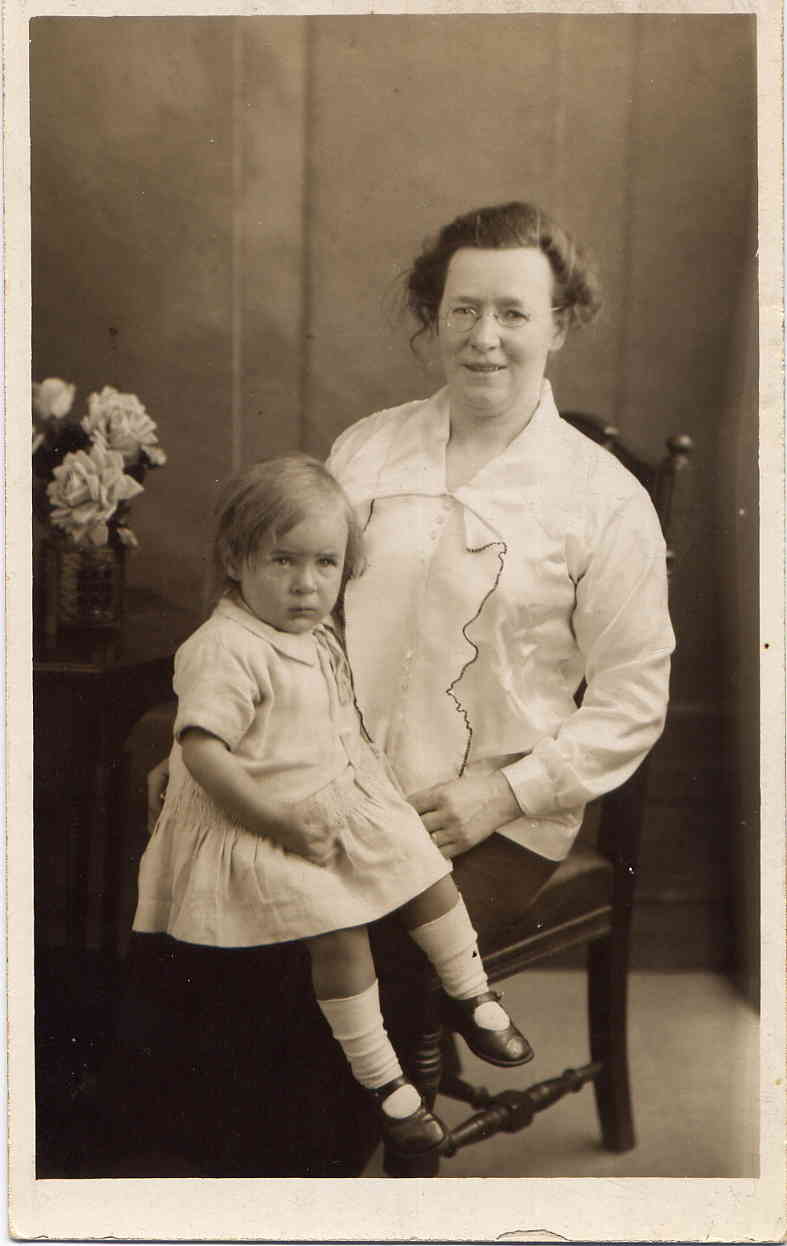
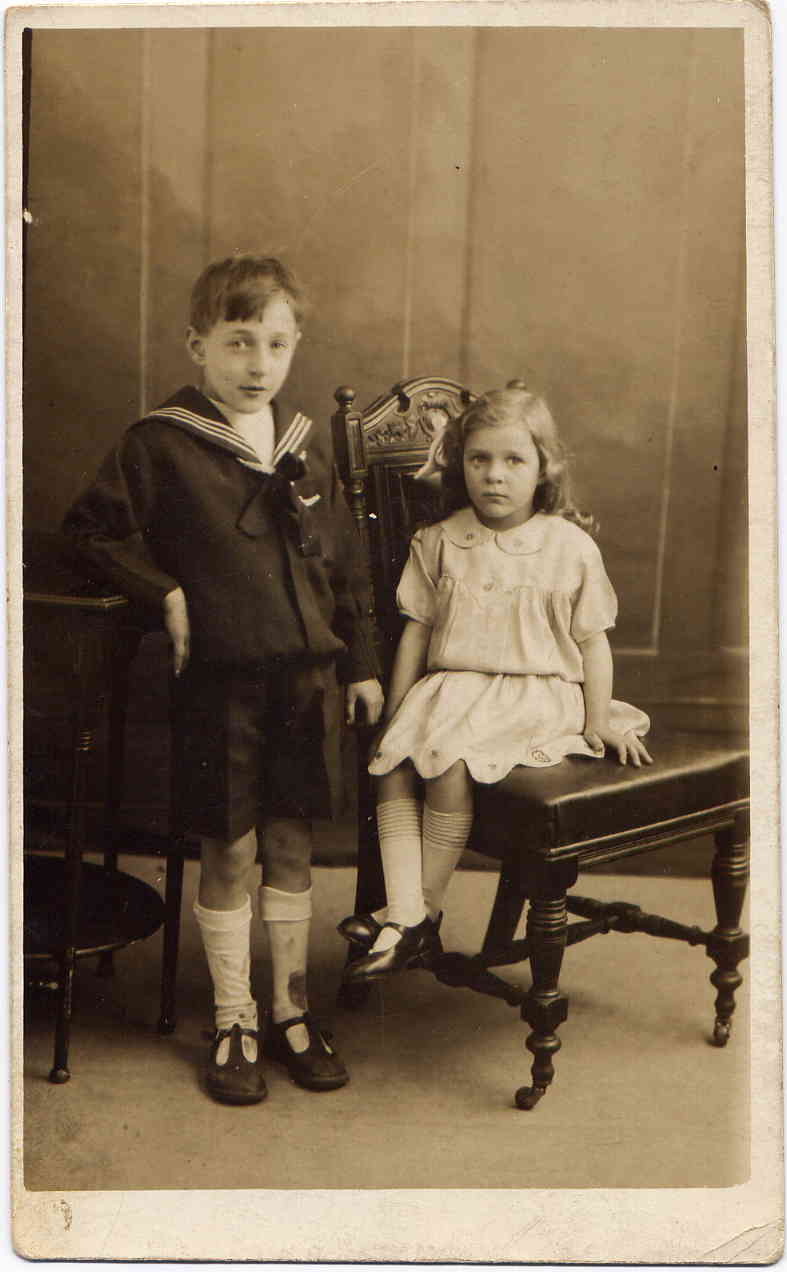
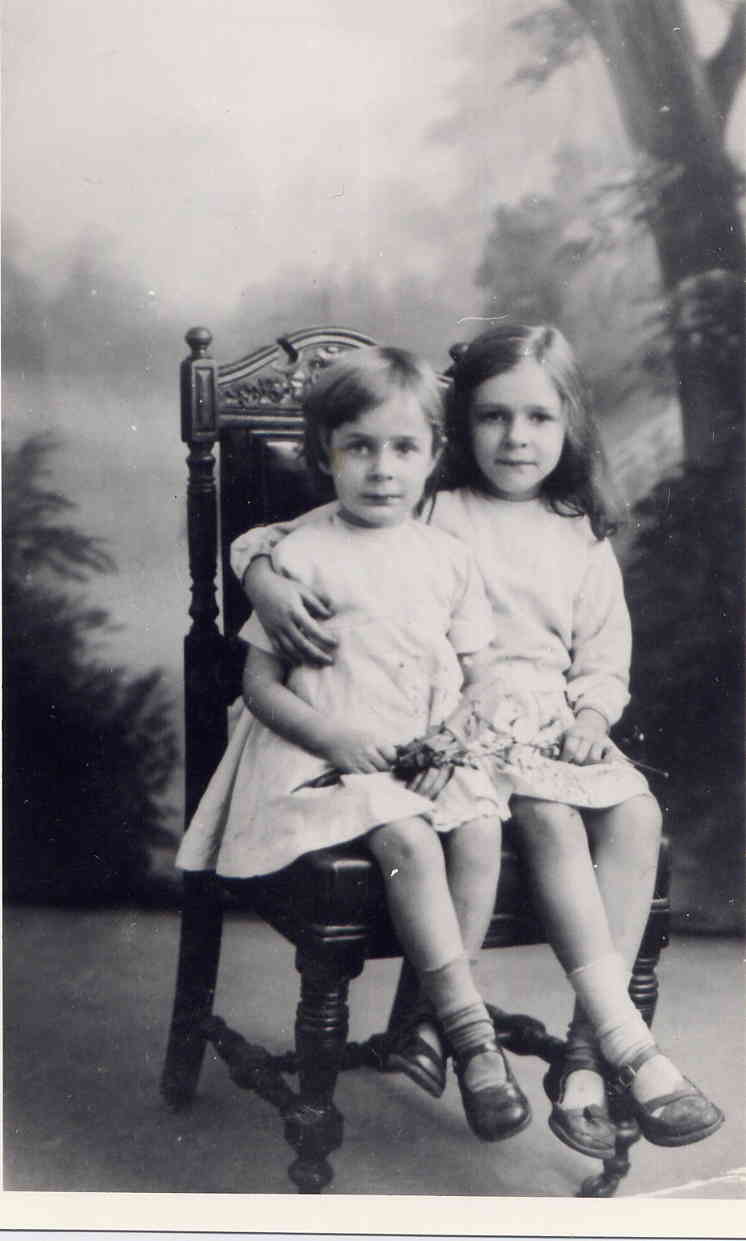
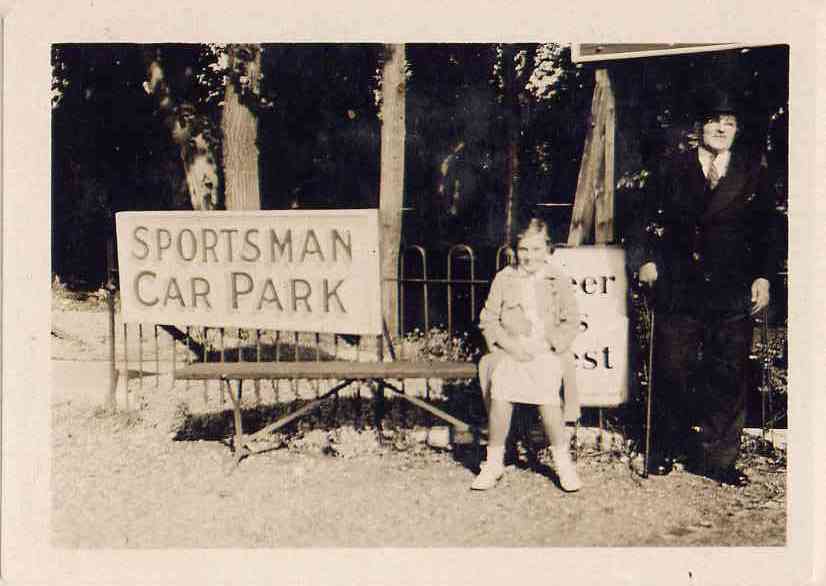
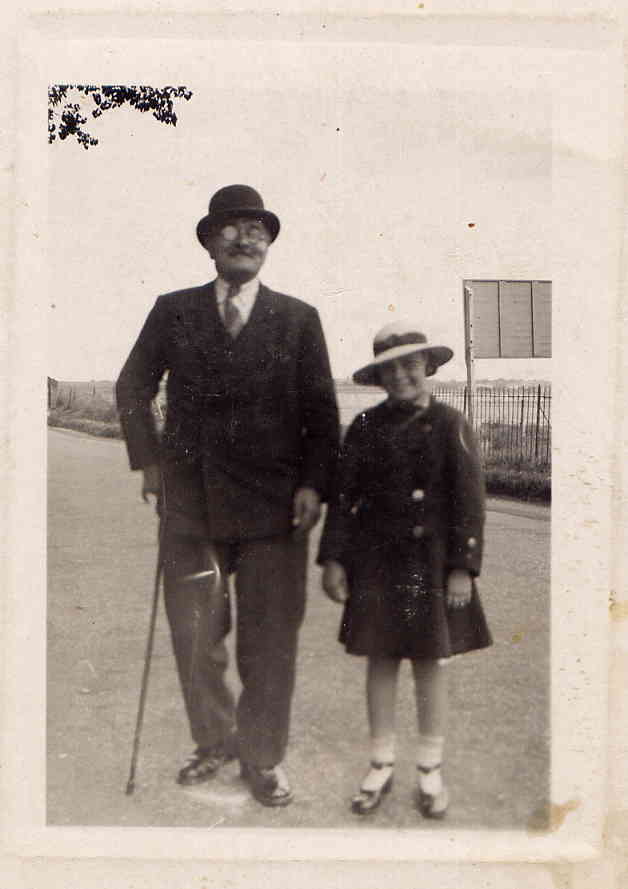
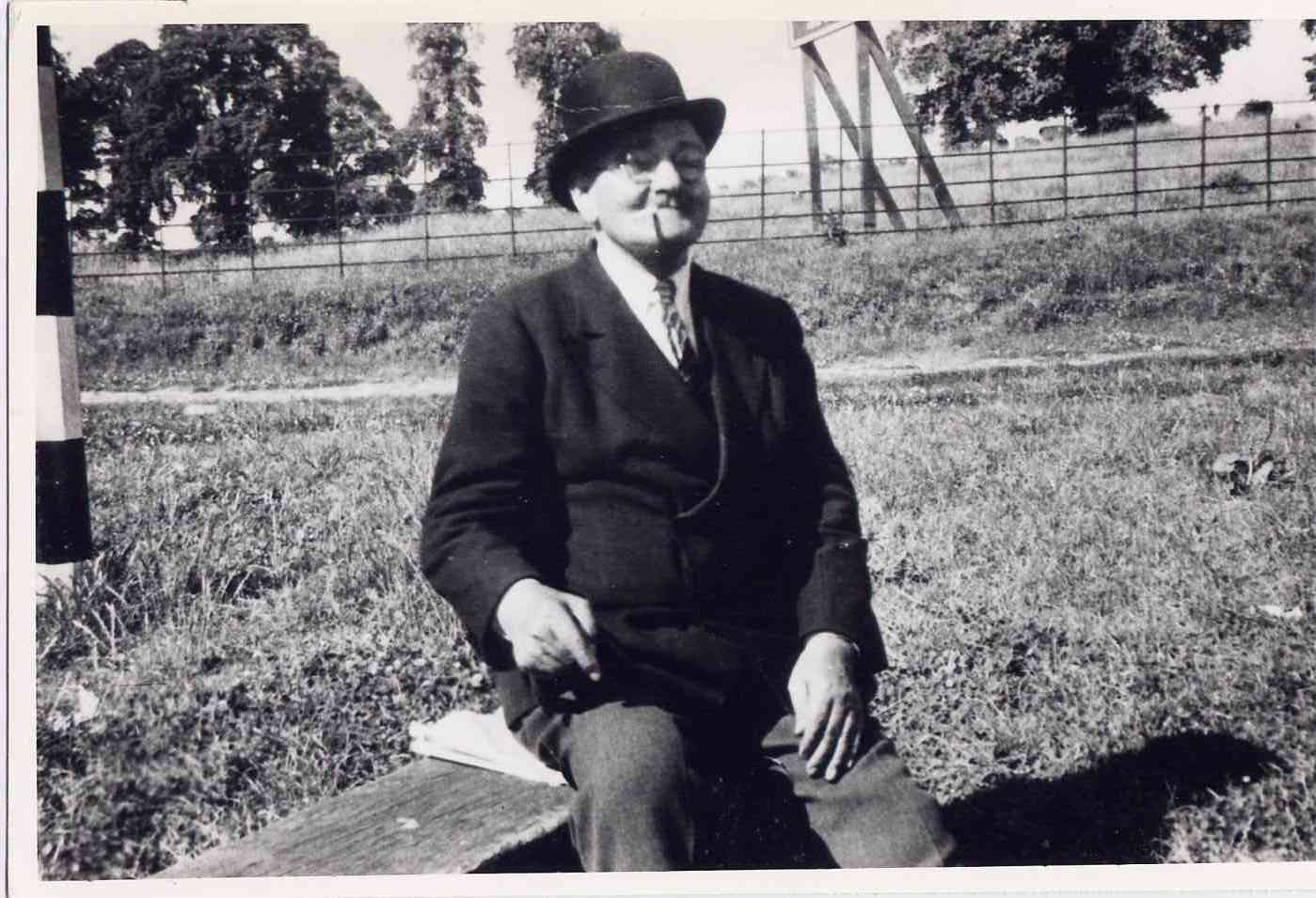
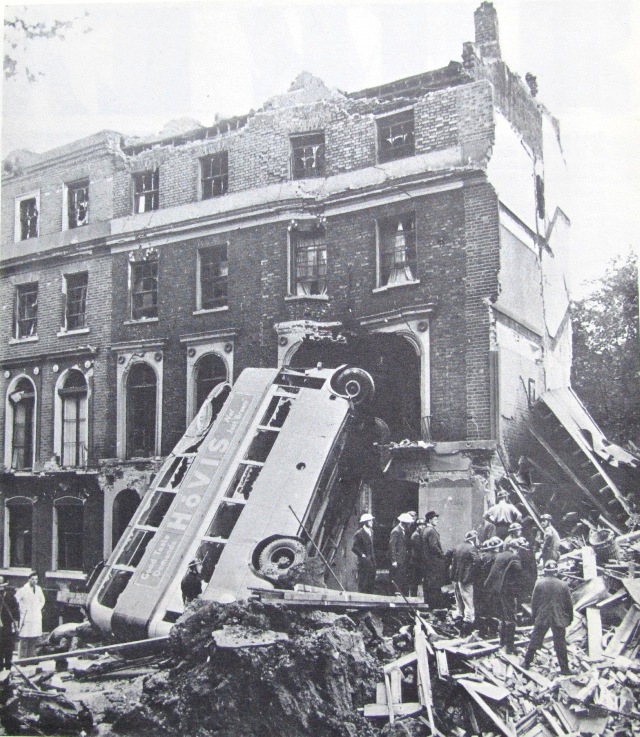
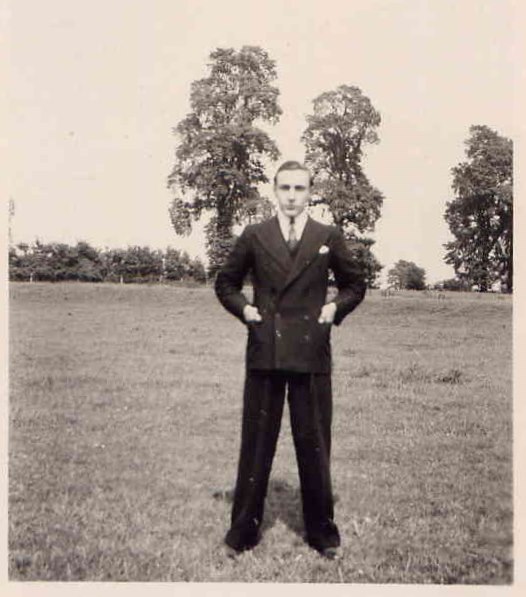
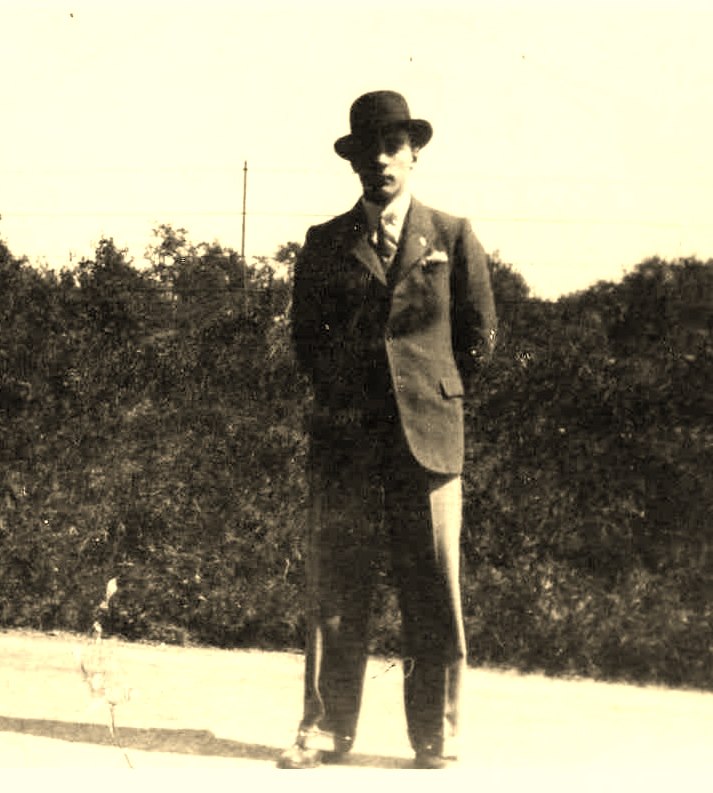
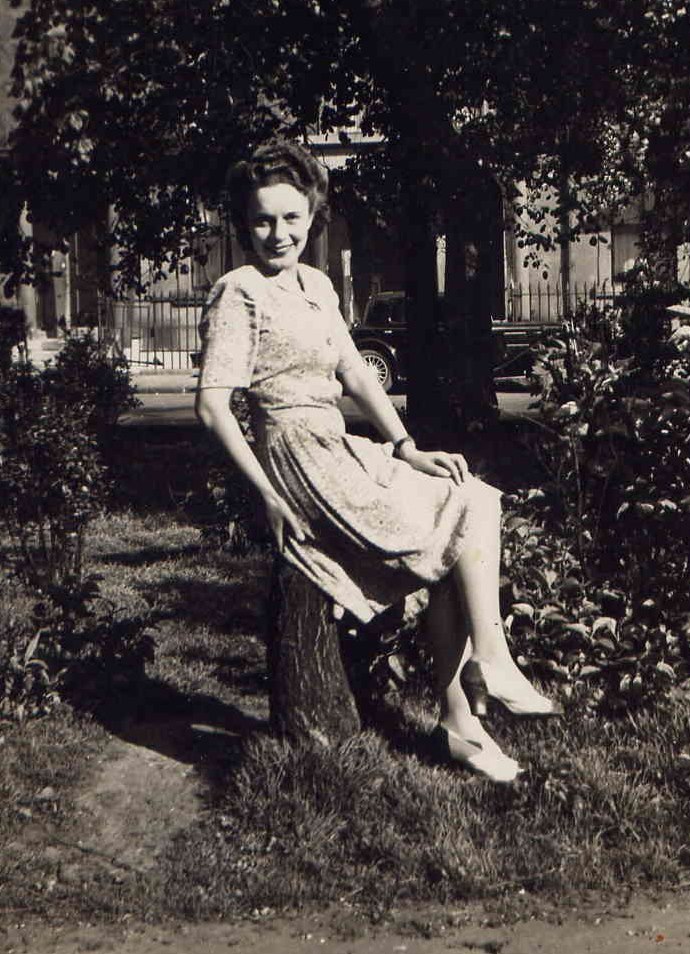
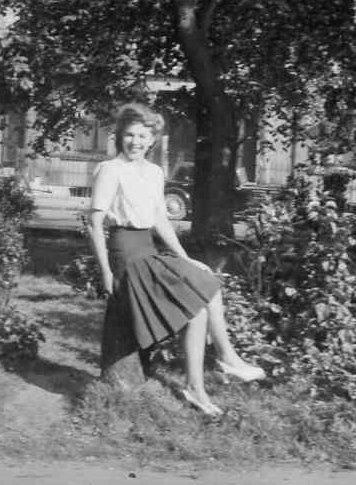
Return to Stories Index